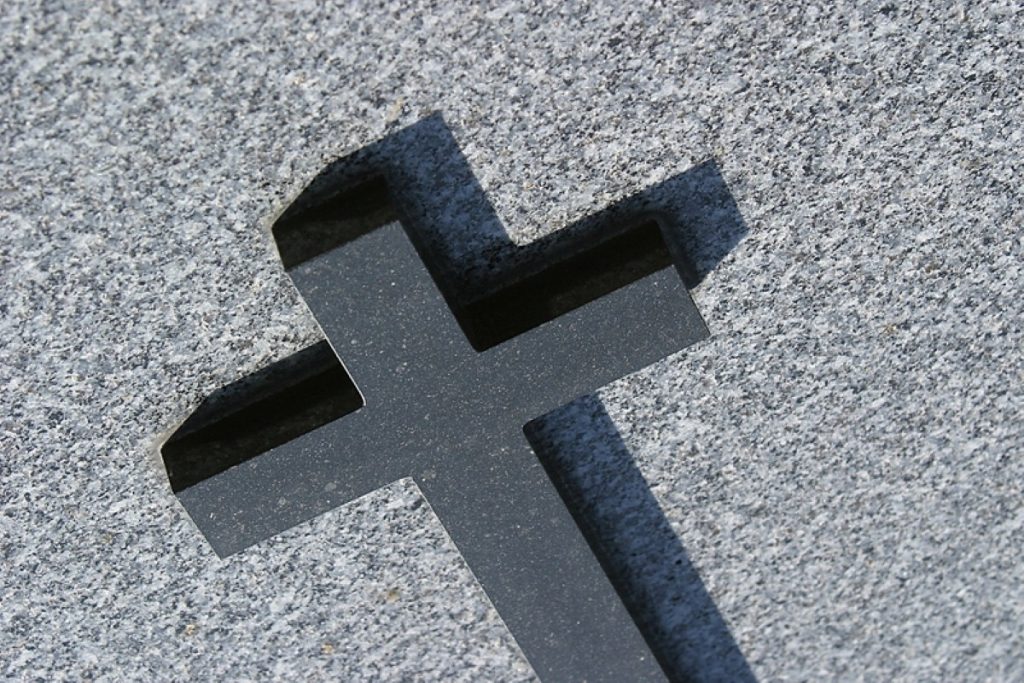European court rules: British Airways employee was discriminated against over crucifix
A British Airways employee who was banned from wearing a crucifix on her uniform was the victim of discrimination, the European court of human rights (ECHR) found today.
In a landmark ruling that could force a sea-change in the way firms approach their uniform policy, the court found in favour of Nadia Eweida in her six-year fight over the rules.
The court said UK law did not need to explicitly protect religious clothing and symbols but ruled that employers' wish to project a corporate image had to be balanced by their workers' desire to manifest their faith.
Domestic UK courts, which had rejected Eweida's case, had accorded the employers' preferences too much weight, the ECHR found.


But the court rejected the cases of three other Brits who were bringing cases against their employers, triggering celebrations from secular campaigners.
Shirley Chaplin, who lost her role as a nurse at Royal Devon and Exeter Trust after refusing to remove a crucifix necklace she was wearing, had her case rejected after the court ruled that health and safety on a hospital ward was more important than being able to wear religious symbols.
Lilian Ladele, an Islington registrar who refused to officiate at gay civil ceremonies, and Gary McFarlane, a therapist for Relate who would not provide counselling to same-sex couples, both had their cases rejected after the court ruled their employers were entitled to pursue a policy of non-discrimination against service users.
All four claimants' arguments rested on articles nine, which guarantees freedom of religion, and 14, which prohibits discrimination, of the European Convention of Human Rights.
Eweida worked as a check-in assistant at British Airways from 1999, during which time she wore a small silver cross on a necklace concealed under her uniform. But in May 2006 she decided to put it on the outside as a sign of her commitment to her faith.
In September 2006 she was sent home for failing to comply with uniform regulations which banned jewellery. She returned to work after the company agreed in February 2007 to change their rules to allow religious or charity symbols.
Eweida's case was previously rejected by an employment tribunal, which found the wearing of a crucifix is not a requirement of the Christian faith, and then by the court of appeal and the supreme court.
Chaplin's case was slightly different in that she was barred from wearing a necklace due to health and safety regulations at the hospital in which she worked. In November 2009 she was moved to a non-nursing position which ceased to exist in July 2010.
The cases prompted a confused reaction from Downing Street. David Cameron pledged to change the law to ensure religious expression is protected in the workplace but government lawyers argued against the appeals in Strasbourg.









